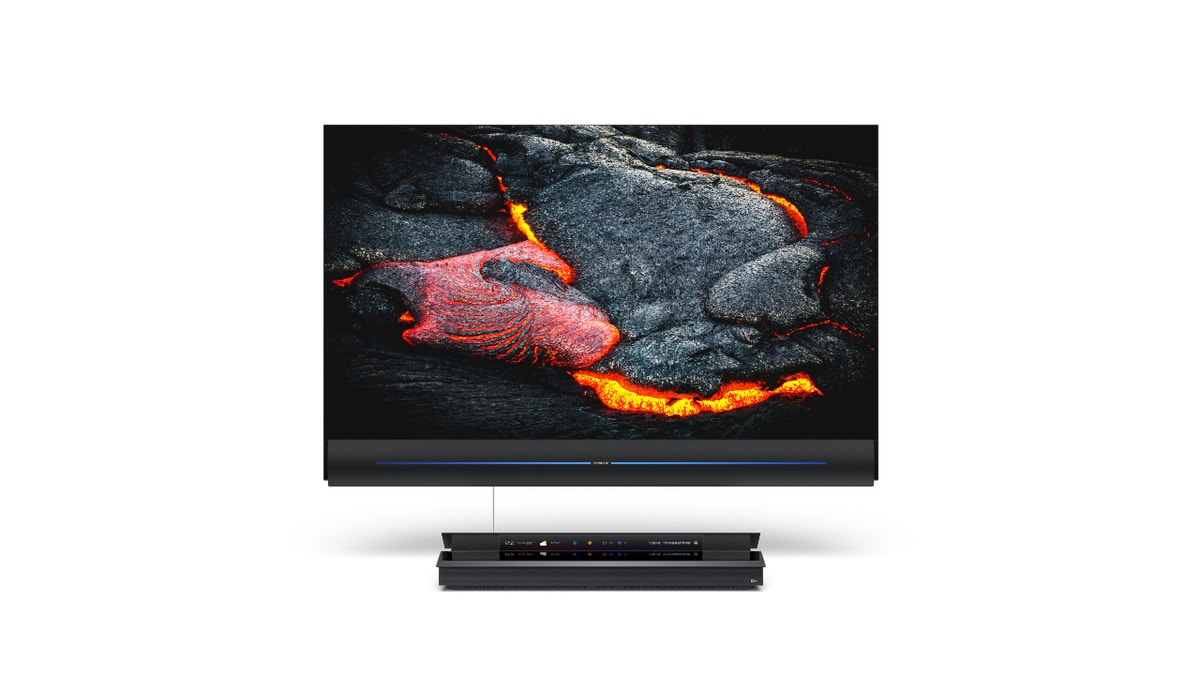Fox News Flash top headlines for May 8
Fox News Flash top headlines are here. Check out what's clicking on Foxnews.com.
A Chinese TV manufacturer was caught spying on consumers, according to China-based reports.
Skyworth, a Chinese TV vendor, collected private data and sent it to a data analytics firm without the TV owner’s consent, according to a report in the South China Morning Post.
The data collection was exposed on an online forum for tech enthusiasts, who noticed that their TVs had become "slow" and less responsive.

Skyworth, a Chinese TV vendor, collected private data and sent it to a data analytics firm without the TV owner’s consent, according to a report in the South China Morning Post. (Skyworth)
USE AMAZON? MAKE THESE 5 CHANGES NOW TO PROTECT YOUR PRIVACY
Network traffic analysis revealed that data was collected about gadgets on the user’s wireless network, who was using the Wi-Fi, the names of nearby Wi-Fi networks, and IP addresses then sent to a server run by Beijing-based Gozen Data.
"Recently, there have been online conversations concerning the illegal acquisition of Skyworth TV user data by an application named Gozen Service," Skyworth said in a statement, adding that it "immediately disabled the application" and terminated its partnership with Gozen.
The partnership involved "surveying of domestic TV program ratings," Skyworth said.
Skyworth also sells TV models in the U.S. market and was a major presence at CES 2020.

Skyworth also sells TV models in the U.S. market and was a major presence at CES 2020. (PRNewswire)
CLICK HERE TO GET THE FOX NEWS APP
In response to the news, Gozen said in a post that it collected data for viewership research that includes "television ratings for households and individuals, viewership analysis, advertising analysis and optimization," according to the South China Morning Post.
The Chinese government has recently introduced new regulations to protect personal data and curb data collection via mobile apps, according to the Post.
More broadly, data collection in China has been a concern for the U.S., according to an advisory from the U.S. Department of Homeland Security.
"Businesses expose themselves and their customers to heightened risk when they share sensitive data with firms located in the PRC, or use equipment and software developed by firms with an ownership nexus in the PRC, as well as with firms that have PRC citizens in key leadership and security-focused roles," the DHS said in the December 2020 advisory.
The New York Times reported back in 2019 that phone scanners, facial-recognition cameras, and face and fingerprint databases are tools used to monitor citizens by the state.









































